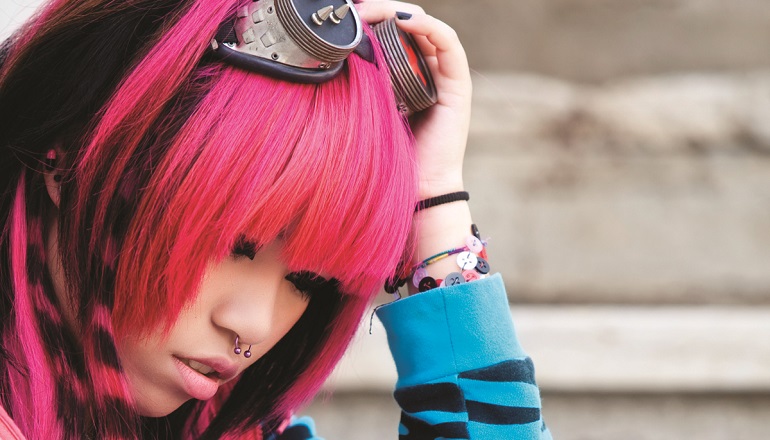Jeannie’s parents were surprised and upset when she began to balk at attending Korean cultural events with her family. When her parents questioned her sudden shift in behavior, Jeannie, 13, told them that she had lost interest in them. She didn’t tell her parents that her decision stemmed from her trying to fit in with her friends. Most of Jeannie’s friends were Caucasian, and she didn’t want her Korean heritage to undermine her popularity with them.
As children enter adolescence, they become self-conscious and self-critical. Unless your tween adoptee relishes being unique–and few do–she will seek peer approval. In middle school, the need to fit in–to belong–reaches fever pitch.
Range of Responses
Being adopted intensifies difference. Tween adoptees think: “I look different from my family” or “I’m not the same race as my parents and brothers–what do my friends think about that? What do they think about me?” Such feelings present great challenges as adolescence approaches. Some tweens avoid activities that make them different from their peers.
Parents shouldn’t be alarmed if they notice such changes in their children, and should look for other ways to spend time as a family. Like Jeannie, many transracially adopted tweens refuse to go to camps and activities related to their racial or cultural heritage. They suddenly stop going to restaurants or other public venues with their families. While such behavior is common to all adolescents, transracially adoptive parents rightly suspect that their children are now self-conscious preteens, upset by the looks and sometimes disapproving stares of strangers.
In same-race families, tweens may not tell friends and acquaintances that they were adopted. Some kids hate it when friends bring up adoption. George, 12, adopted from the Ukraine at age six, wanted to keep his adoption private when his family moved to Chicago. He asked his parents not to tell his new teachers, neighbors, and acquaintances. George thought that his peers in his previous school had rejected him because he was adopted.
George’s parents kept his adoption private. They suggested that George talk things over with a therapist. He explored his feelings about being adopted, and his lack of friends, with the counselor, who suggested that George attend a support group for adopted children. The weekly meetings helped George develop friendships and a positive identity. Social skills groups helped, as well.
Cindy, mother of Wendy, 15, an African-American, adopted at three years old from foster care, was thrown when Wendy asked that they stop celebrating “Adoption Day.” She said that she wanted only to celebrate her birthday, like her siblings and her close friends, and that she wished she had not been adopted. At a group for adopted teens, she said, “I feel like I have to prove myself all the time. People think I was given up for adoption because something was wrong with me. Being in foster care is a curse that I can’t get rid of.”
Such remarks are troubling to parents who try to instill pride in their children about their adoption and their cultural/racial heritage. But many parents don’t know the challenges their child faces in school and among friends. Some tweens need help in accepting their differences. This is the first step toward ensuring that your tween does not get “stuck” with feelings that compromise his self-esteem, his sense of identity, and his security in his adoptive family.


